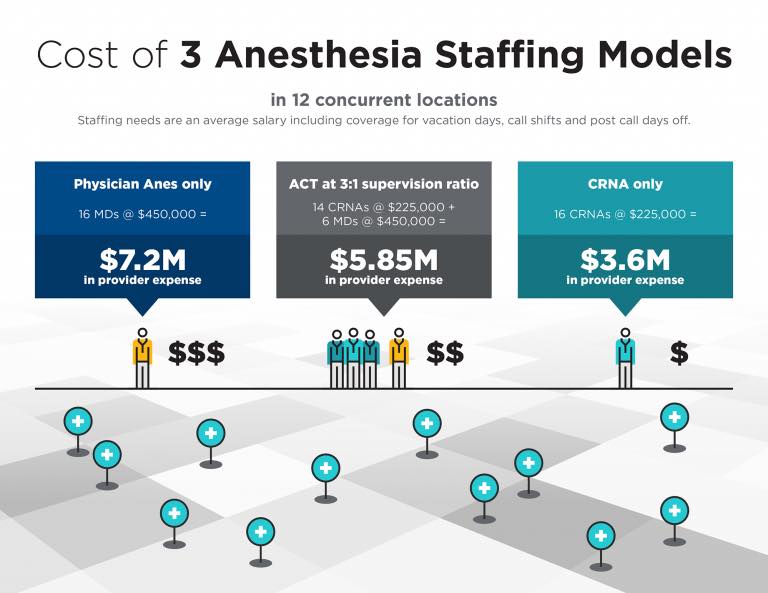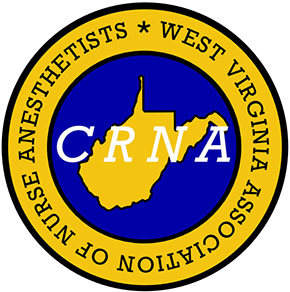The Issues
CRNAs are highly educated and trained anesthesia providers.
In April of 2020, Governor Jim Justice issued an executive order that allows CRNAs to practice to the full extent of education, training, certification, and licensure for the first time in West Virginia. This executive order has expired.
Making this executive order permanent through legislation only ensures access to care for all West Virginians.
HB 2613 (“relating to the administration of anesthetics”) passed the West Virginia House with an overwhelming majority, yet the Senate Health and Human Resources Committee is refusing to hear the companion bill, SB 52, that will ensure access to care close to home for all West Virginians. Without a hearing, the bill cannot proceed to the Senate floor for a vote.
By removing the unnecessary supervision requirements from West Virginia law, every hospital/office/surgery center can choose which type of anesthesia care they can provide, allowing better access to care. This does not remove physicians from your care but empowers physicians to focus on their specialties.
Urge your Senator to push SB 52 (“relating to the administration of anesthetics”) to the Senate floor here.
- Find your senator on the Senate Roster
- Email or phone his or her office to let them know you want a committee hearing for SB 52 (“relating to the administration of anesthetics”).
- West Virginia CRNAs contact your senator here.
Restricting CRNA Practice Reduces Access to Care and Increases Costs
Restricting CRNA practice is contrary to the national trend toward allowing APRNs to practice to the full extent of their education and training.
Allowing CRNAs to practice to the full extent of their training and education improves your access to high quality, cost-effective care, and decreases your healthcare costs. Unnecessary restrictions on CRNA practice are not cost-effective and actually increase healthcare costs. Further, imposing such restrictions on CRNA practice is not supported by published research.

Cost of Anesthesia
Depending on the Anesthesia model the costs from the provider can drastically change.
Supervision Requirements
In 35 states, there is no Supervision Requirement for CRNAs in State Nursing Law/Rules, Hospital Law/Rules, or Ambulatory Surgery Center Law/Rules.
In 44 states, the nursing laws/rules do not require physician supervision of CRNAs.
Essential Access to Anesthesia Care
Research shows that CRNAs are the most cost-effective anesthesia providers and that there is no difference in safety between CRNAs and anesthesiologists. CRNAs provide essential access to anesthesia care, especially in rural and other medically underserved areas in our state and the rest of the United States.
Support the ability of CRNAs to provide high quality, cost-effective care to this state’s patients without unnecessary restrictions.

